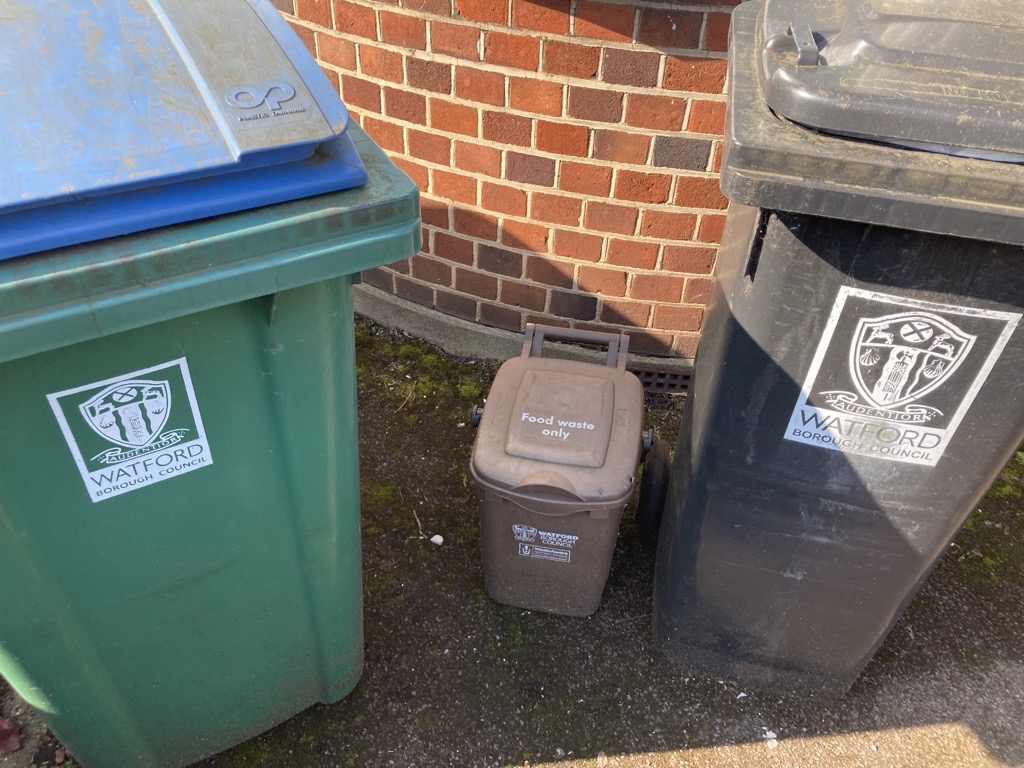Funding shortfalls and unrealistic timelines could jeopardise the Government’s Simpler Recycling reforms, the District Councils’ Network (DCN) has warned.
The latest concerns were expressed after Defra today published its implementation timeline for the reforms in its response to the Simpler Recycling consultation.
DCN’s 169 member councils have repeatedly said that while we support moves to make the waste system more sustainable, unless the measures are fully funded by the Government, already financially stretched councils will have no choice but to cut back on other services.
A typical investment of nearly £1m in new waste vehicles is required by each council to cope with the additional collections required by the Government’s plans. However, the funding package announced by Defra doesn’t reflect current market prices or the inevitable cost increases that will occur when hundreds of councils seek to procure new vehicles simultaneously.
Breckland Council in Norfolk was told in an independent assessment that it faced a £640k bill in vehicle costs above that that will be funded by the Government. Meanwhile, a partnership of five district councils in Suffolk faces a shortfall of £2.13m for its required vehicles.
Promised Government funding also stops short of covering the extra waste depot space required by many councils. A DCN survey indicates that the median cost of depot expansion is £1.5m per council, with some councils anticipating bills as high as £15m.
Cllr Sam Chapman-Allen, Chairman of the District Councils’ Network, said: “District councils are fully committed to delivering a waste system which is more effective and will be supported by our residents but the Government’s failure to provide adequate funding and realistic timelines risks making the Simpler Recycling reforms unviable.
“The failure to follow the longstanding doctrine that new burdens imposed on councils will be fully funded by the Government means that already financially-stretched authorities are effectively being told to eat into scant resources desperately required for other services. These other services will inevitably be impacted.
“It is unacceptable that we are expected to overhaul our waste collection systems for households within a mere 20 months, and those for businesses within 10 months. The rule of supply and demand shows the dangers of every council being forced to procure new lorry fleets simultaneously – a longer timeline would help us ensure maximum value, both for councils and, most importantly, taxpayers.
“We are pleased that the Government has listened to the voices of our member councils by allowing councils local discretion to fit waste streams together, minimising each household’s number of bins which would otherwise been as high as seven.
“However, we are concerned that the Government is insisting that residual waste should be collected at least once every fortnight. This one-size-fits-all, top-down approach fails to recognise that councils are elected sovereign bodies, which deliver waste services reflecting the unique challenges and needs of our local areas. It also fails to recognise that the priority should be to reduce waste levels overall and to increase recycling.
“It is crucial that the Government recognises the true costs and time required to successfully implement these reforms, respects the autonomy of district councils, and provides the necessary support to ensure their success without compromising the wellbeing of our communities. We are keen to speak more with ministers about how we can work together to ensure the success of Simpler Recycling.”





